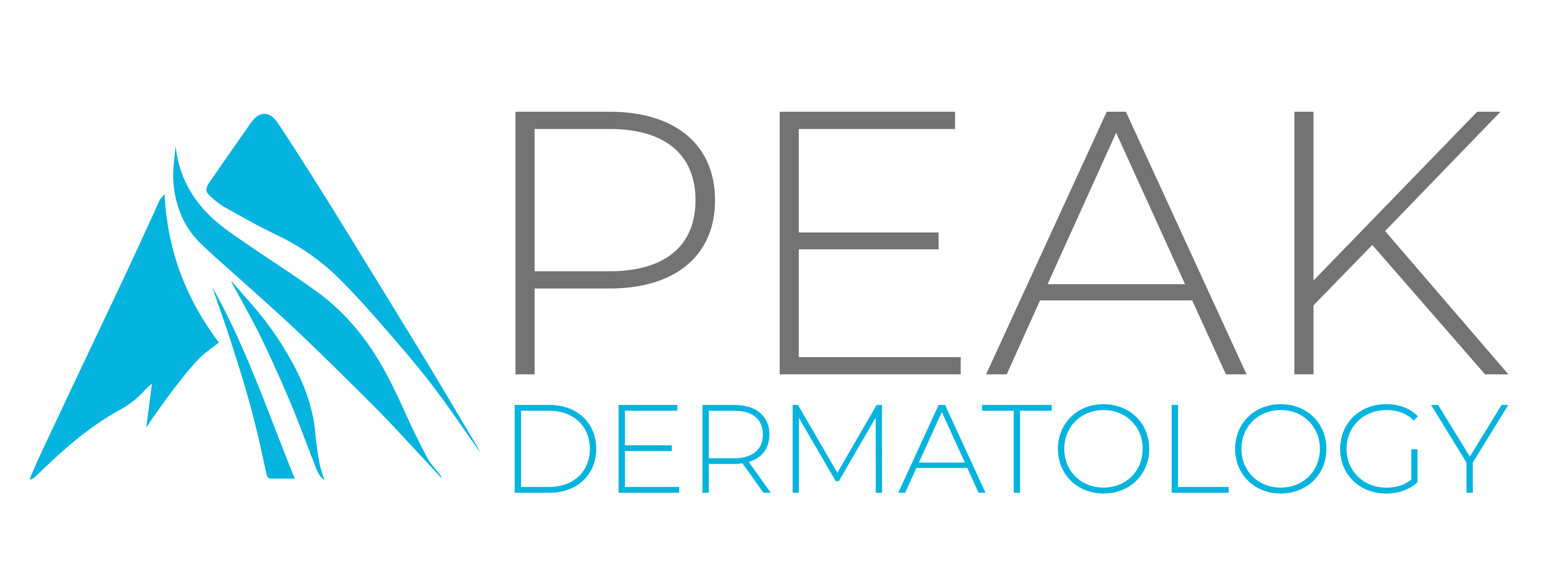ACNE
Home > Acne
Other Services
About Acne
Acne is one of the most common skin conditions in the U.S., affecting roughly 60 million people each year. While many cases are mild and can be controlled with medication and a consistent at-home cleansing program, many individuals have it so severely that scarring may occur. Acne generally is a combo of pimples, whiteheads, blackheads, small cysts, and other red, itchy, and inflamed areas on the skin. Caused by a blend of dead skin cells, bacteria, and clogged pores, it is most frequently seen in teenagers but can affect adults well into their 40s. Acne most often appears on the face, chest, and back. To return the skin to a healthy, glowing appearance, Christopher Rex, MD and his team of practitioners can offer numerous treatment choices, ranging from custom at-home cleansing systems to medications and laser treatments.
Treatment Options
Research indicates that over-the-counter medications don’t treat acne effectively. Peak Dermatology offers numerous treatment alternatives to control and manage acne and clear its symptoms.
For milder cases of acne, prescription medications, such as topical solutions and creams that contain salicylic acid, benzoyl peroxide, sulfur, and retinoids, might help. There are also oral antibiotics, such as minocycline, doxycycline, or tetracycline, that are effective to use. Along with topical and oral prescriptions, laser treatments have also proven effective. Not only can a laser treatment help deep clean and attack dead skin cells under the dermal layer, but it can also help reduce redness and other pigmentation issues linked with acne. Chemical peels and extractions may also help, depending on the sort of acne you are experiencing.
Frequently Asked Acne Surgery Questions
Acne
Acne symptoms can vary in conjunction with the kind of acne you have and its severity. Blemishes are a common, obvious symptom of acne and present in many diverse forms, such as blackheads, whiteheads, cysts, pustules, papules, and nodules. Each form of blemish ranges from mild to severe and will need to be treated accordingly. Studies have shown that acne can also create emotional symptoms, like low self-esteem and depression. Other symptoms associated with acne are dark spots on the skin and permanent scars.
Research indicates that over-the-counter medications don’t treat acne effectively. Peak Dermatology offers numerous treatment alternatives to control and manage acne and clear its symptoms. For milder cases of acne, prescription medications, such as topical solutions and creams that contain salicylic acid, benzoyl peroxide, sulfur, and retinoids, might help. There are also oral antibiotics, such as minocycline, doxycycline, or tetracycline, that are effective to use. Along with topical and oral prescriptions, laser treatments have also proven effective. Not only can a laser treatment help deep clean and attack dead skin cells under the dermal layer, but it can also help reduce redness and other pigmentation issues linked with acne. Chemical peels and extractions may also help, depending on the sort of acne you are experiencing.
If you are sick of covering your acne with makeup or enduring the physical pain, embarrassment, and emotional affliction that may develop from this condition, we encourage you to contact Peak Dermatology to schedule an appointment today. We will provide a thorough skin analysis and create a tailored treatment plan to help clear up your complexion as swiftly as possible.

